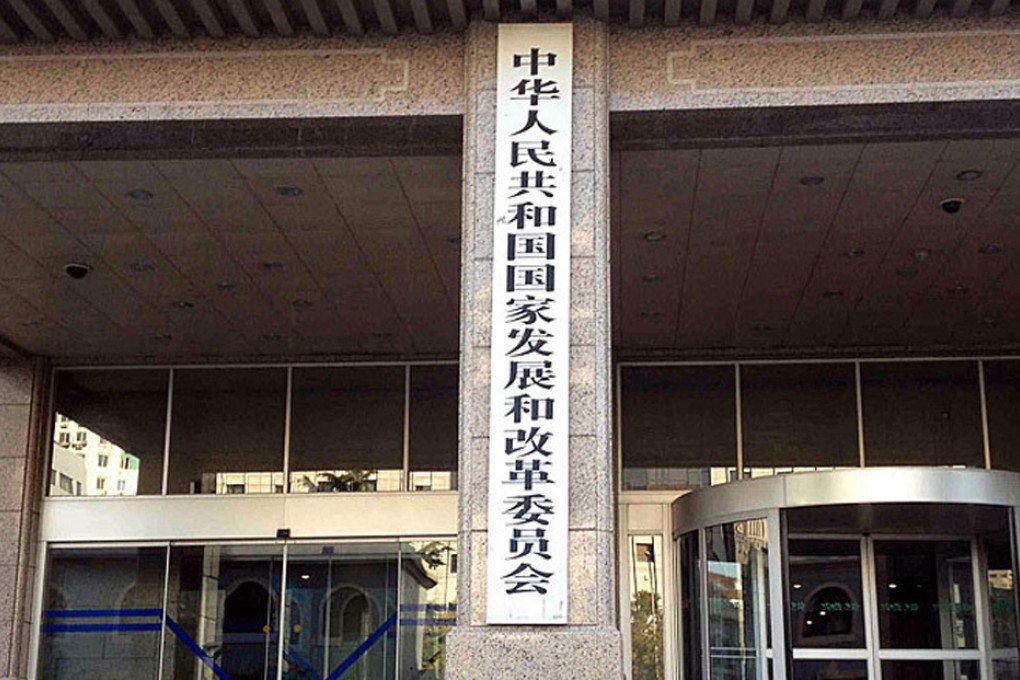Economists welcome further levelling of China's playing field
Beijing's move to loosen regulations on money flows seen as welcome step towards reform outlined at recent third plenum, say economists

Looser regulations on inward and outward bound investment will give firms greater operational autonomy and reduce the need to curry favour with Beijing while also helping mitigate speculative hot money inflows, say economists and investors.
"This is in line with the deepening reforms that Chinese leaders were presenting during and after the third plenum in November. Generally, China will welcome and facilitate foreign and private sector investments through different policies," said Conrad Tsang, the chairman of the Hong Kong Private Equity and Venture Capital Association.
The changes are expected to be the first of many, given the central government's commitment at the third plenum to boost the economy and reduce red tape.
Under policies announced this week, inbound investment of up to US$300 million will no longer need the National Development and Reform Commission's approval except in industries where there is overcapacity or in property development.
The decision follows an earlier announcement last month removing NDRC approval requirements on outbound investment of up to US$1 billion.
Previously, mainland companies going overseas were also restricted in bidding for foreign assets if another Chinese firm was already interested, and the time lag involved in obtaining NDRC approval could jeopardise the likelihood of success.
"The move is consistent with other changes introduced by the central government, which is moving away its visible hand," said Societe Generale economist Yao Wei. "The government is making the country more business friendly. It has controlled too much in the economy."